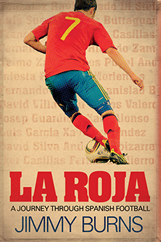If the London Olympics have generated so much love it is because they have reminded us how sportsmen and women can transcend politics, culture, and race, to give us a sense of nobility and the common good.
If Bolt has emerged as the most popular athlete it is because of his refreshingly relaxed attitude to his own unrivalled talent, and his ability to connect with a universal audience. He will always be remembered for his good humour both prior and after his events, in contrast to the self-absorbed, obsessive looks of some of his rivals.
Other moments there have been, when the event itself has managed to produce extraordinary images of reconciliation, to the point of mutual respect between nations locked in enduring disputes. I am thinking here as one of the more striking instances that of the Argentina and British flags flying side by side at the medals ceremony for the tennis and hockey , or the Cuban and US athletes competing on an equal playing field.
History shows us how fleeting these moments of levelling can be and how easily they can be severed by conflict and division beyond the game. In WW1, thousands died in the trenches after Germans and British soldiers briefly celebrated a Christmas truce, playing football on no-man’ss land. And in Peter Weir’s film Gallipoli, the vibrant athletic bond at the heart of the friendship of two young Australian soldiers, is snapped when one of them is cut down by a machine gun.
And yet the world we live in would be so much a better place if we did not simply surrender to narrow national self-interest and other baser instincts, but held on to the positive manifestations of our God-given humanity and turned them into an essential building block for future peaceful co-existence not just a passing entertainment.

